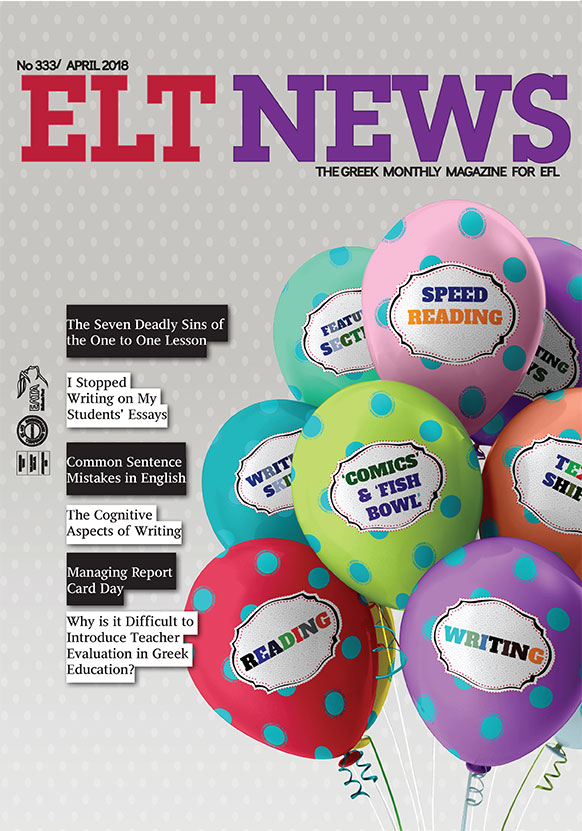Writing is a key component of language and it remains a real-world skill. Writing well is really a big challenge for both native and non-native students. In general, it is much bigger with the students of English as a foreign language. Students nowadays have very little interest in writing which is so important to fulfill the education requirements. This may be due to technology. The writing that we and our students do these days is no longer on paper, but on screens of various sizes. In fact, students are probably writing now far more than they ever did in the past; but new technologies have generated new genres and new styles of writing, presenting a challenge to teachers of ‘digital natives’ who are more likely to be texting, blogging and posting on social media than to be writing letters, reports and postcards. Writing online and on smartphones has rapidly developed its own registers and conventions, producing a non-standard language that looks like written-down speech or creates new reduced forms that often find their way back into the spoken language.
Reading is a different story. By reading, the students acquire language in a natural way. They learn to write by reading. In the same way as we learn to speak by listening, we probably learn to write by reading. The more everyone reads the better. However, you should make sure that the students do it properly. Some teachers still assume that each passage is to be read aloud by the students. Others ask the students to follow the text as it is read aloud. But few teachers set out to develop real reading skills in a systematic way.
In real life we treat passages in different ways, reading with purpose. We read an item of gossip in a magazine quickly, to get general sense. If we are reading about income tax changes, we run our eye down the page until we come to the part that is relevant to our own wage packet. Then we scrutinize it. We read a report from our child’s school slowly and carefully, trying to understand every implication. As language teachers, we must endavour to give these different reading strategies to our students. They should not leave us with the impression that they have to read English slowly, decoding every word and phrase.
Do not ask students to read aloud. People rarely read aloud in real life. Reading passages, unlike dialogues, were never intended to serve as models for speech. If you still insist, there is one safe place for this activity –after the text has been fully exploited. By then, the students will have heard and used most of the words in the text several times, so they should be able to read aloud fairly easily and with total understanding.
